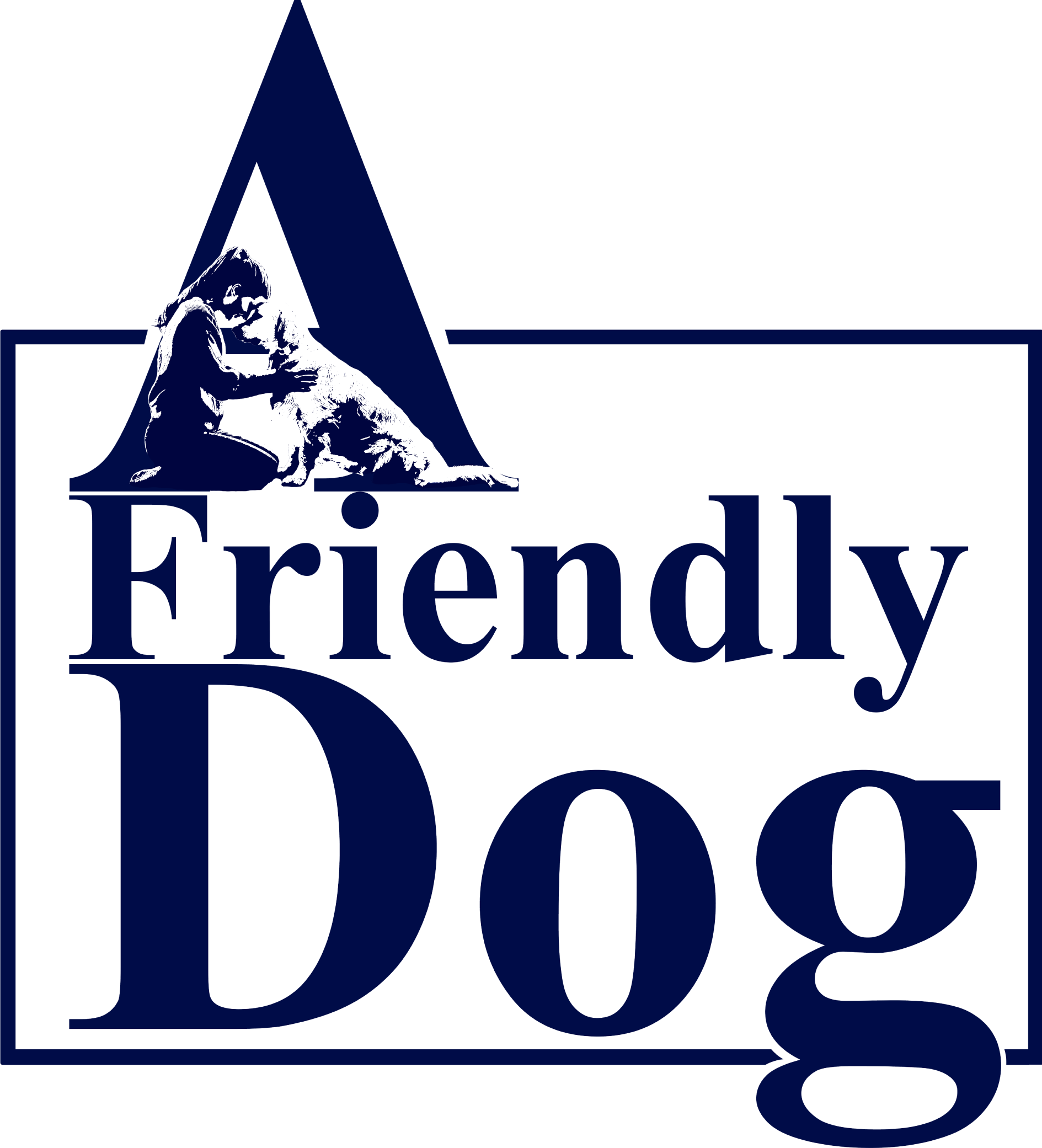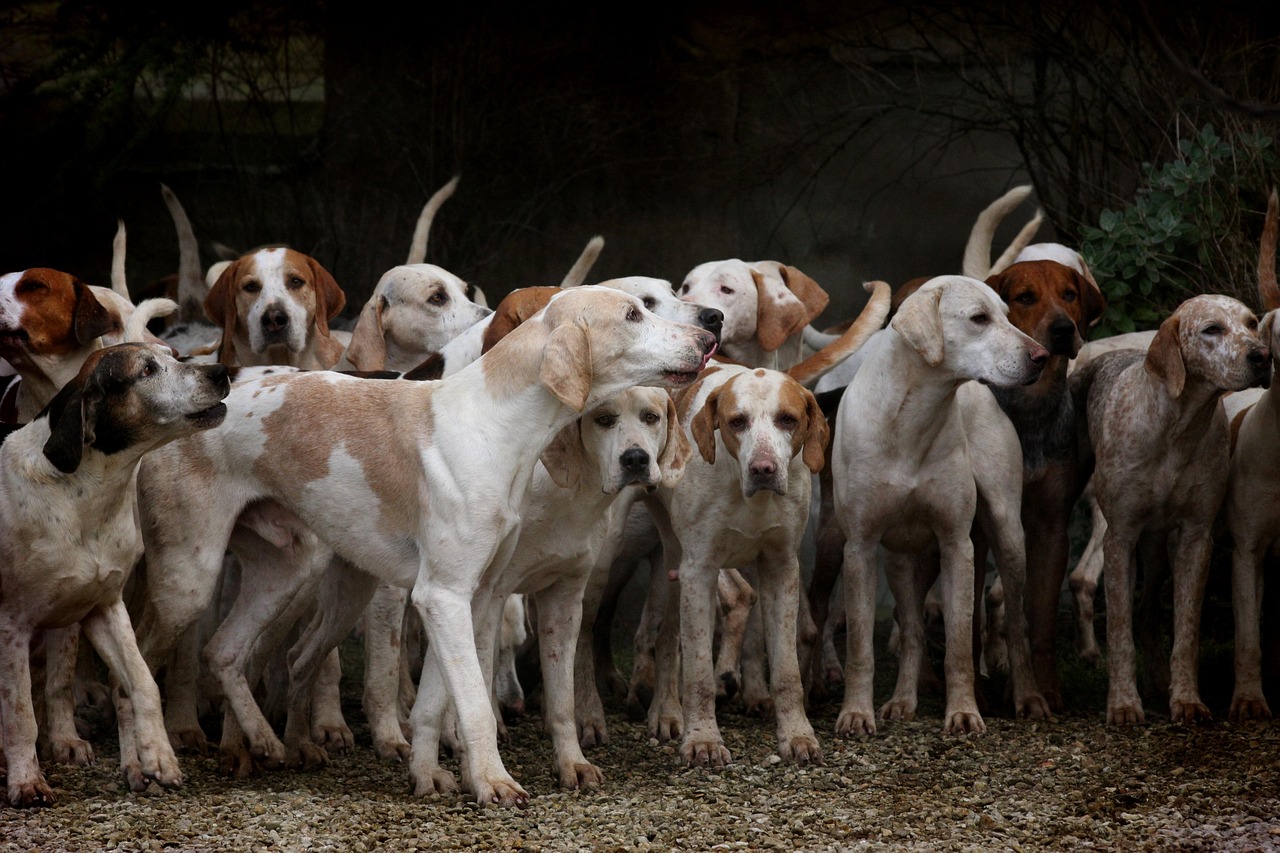Follow the AAHA guidelines for feeding when it comes to preventative nutrition for dogs. In order to maintain the health of your canine companion, it is imperative that they consume a balanced diet, whether it be purchased or homemade. This balanced diet should consist of a combination of proteins, carbohydrates, fats, vitamins, minerals, and water. To ensure that the dog food you purchase contains the appropriate mix of nutrients, it is recommended that you seek out products labeled as complete and balanced nutrition.
Additionally, you may come across labels that state “Meets the nutritional requirements of dogs established by the American Association of Feed Control Officials (AAFCO)” or “Complete and balanced nutrition for dogs based on AAFCO feeding trials.” Both dry and canned dog food can provide your dog with the necessary nutrition, although some experts suggest that dry food may be more beneficial for maintaining dental health.
If you choose to make your own dog food, it is important to utilize recipes created by nutritionists to ensure that the food is complete and balanced. Essential nutrients that should be included in your dog’s diet are proteins, which are necessary for building body tissues, and fats, which provide energy and promote healthy skin and hair. It is important to note that your dog’s body can only produce 13 of the 23 amino acids required for protein synthesis, and therefore the remaining 10 must be obtained through their diet. Similarly, essential fatty acids such as linoleic acid, omega-6, and omega-3 cannot be produced by your dog’s body and must be consumed through their diet.
Carbohydrates are derived from plants and are an essential source of energy for dogs. When dogs consume grains and vegetables, they obtain sugars, starches, and fiber, which power the tissues in their bodies and promote intestinal health. Vitamins and minerals play a crucial role in various chemical reactions within a dog’s body, including bone development and strength. A balanced dog food can provide all the necessary vitamins and minerals, such as Vitamins A, D, E and K, B-complex vitamins, calcium, and phosphorus. Unlike humans, dogs do not require vitamin C in their diet as their bodies can produce it naturally.
It is important to note that providing dogs with vitamin or mineral supplements can be hazardous. Water is vital for a dog’s survival, and even a 10% loss of body water can be fatal. Water constitutes more than half of an adult dog’s body weight. While canned dog food may contain some water, it is insufficient for all of survival. Therefore, it is crucial to ensure that fresh and clean water is always available to your dog.

